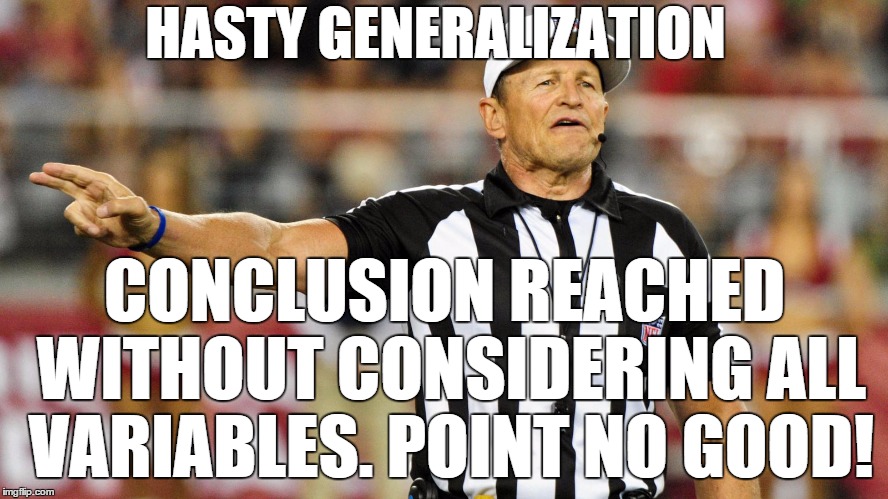
There’s a rather toxic mindset out there that if you don’t do “X” then you must not care about your personal safety.
You’ve probably all heard variations on these ideas: if you don’t carry a gun, you don’t care to save your own life. If you wear revealing clothes, then you don’t care enough to protect yourself from sexual assault. If you go to concerts, bars, or other potentially shady places, then you don’t care that you are exposing yourself to higher risk of danger.
But being willing to do or not do certain things aren’t what make you safe and they aren’t indicative of how much you care about avoiding harm. In fact, those kinds of broad statements are a really good clue that the person saying them hasn’t thought about the specific things that make you you, and your life yours.
Not everybody wants the awesome responsibility of carrying a gun, with the potential of hurting themselves or violently taking away another person’s life, even another person who is trying to kill them. Not everybody wants to change the way they dress, especially after years of working towards being proud of the body they have. Not everybody wants to avoid places and events that they think they would enjoy, even if there is a possibility of bad things happening once they’re there.
At the same time, not everybody wants to be left fighting for their lives without every available tool that they can carry to give them a better chance of survival. Not everybody wants to wear sexy outfits and put up with catcalling and leering. Not everybody wants to look over their shoulders and worry whether their fun night out might turn into a nightmare, like it has before for them or a friend or just someone they identify with.
All of these people care about their safety. They’ve all simply decided on different ways to get there, based on their own life experiences and knowledge, on their own analysis of the pros and cons of various strategies.
It’s true that some ways may be more effective than others, but also that they might require more effort, more education, more giving up of a core value or idea of self-identity. Someone who decides that a particular way is not for them doesn’t care less about their safety, but they may care about it less than some other aspect of their life, and that’s okay. Everybody deserves to be safe.
That doesn’t mean that you can choose to abdicate the responsibility to keep yourself safe. The world being what it is, some effort is absolutely required on your part. But you don’t have to choose a specific method or a specific tool to signal your willingness to protect yourself. Caring about your personal safety is a state of mind that is entirely independent of how you choose to express that care, so what you choose? That’s okay. You might end up learning that what you choose isn’t as good at reaching your safety goals as you’d like, but don’t let anyone tell you that’s because you don’t care. It simply means you might need to find better, different, or additional strategies for your safety. And that’s okay. We’ll get you there.




